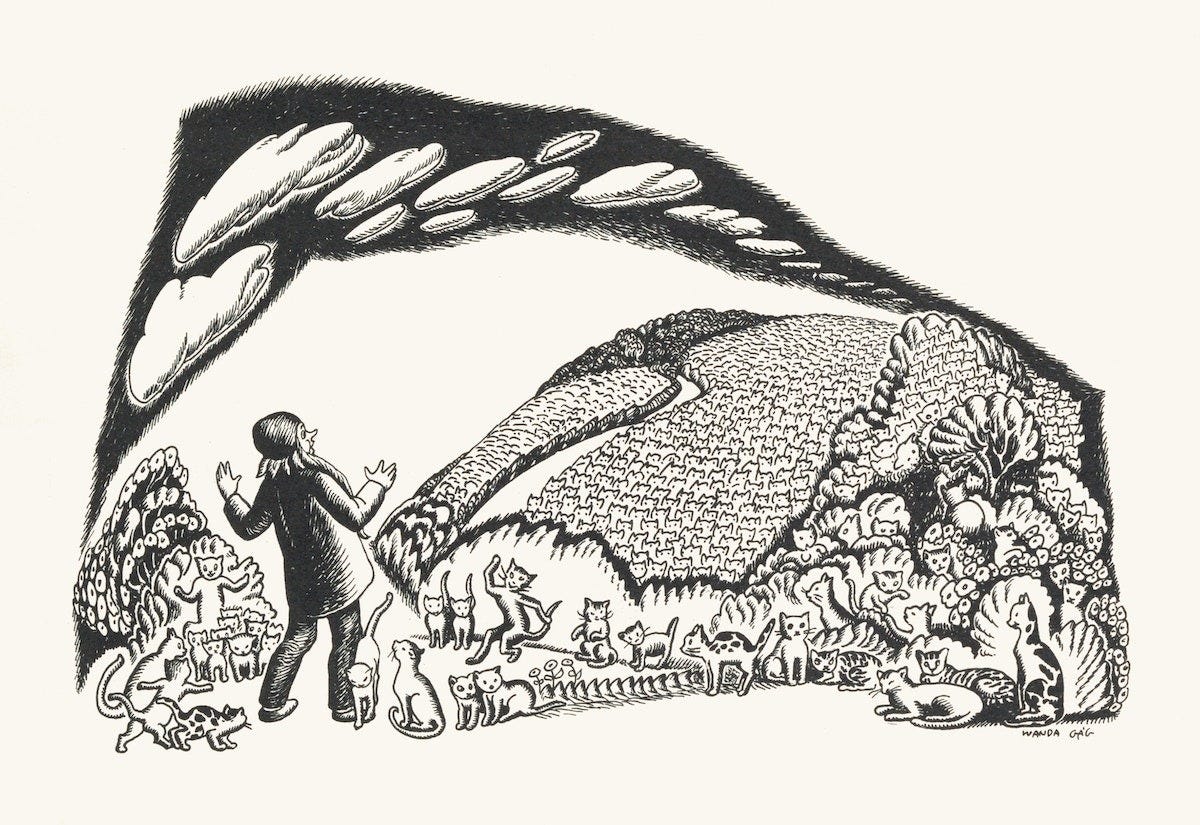The anti-immigrant election
A special issue on the xenophobic rhetoric overwhelming the 2024 presidential race

Here’s a tip from the US political playbook: if your campaign is struggling, if you don’t have actual policies but “concepts of a plan,” if you secretly or openly wish for the “good ol’ days” when black people did “black jobs,” if you “forgot” to declare the lavish perks from the Turks … just blame it on the immigrant.
As Achilles Kallergis points out, xenophobic scaremongering has become a dominant feature of the 2024 presidential election and politics writ large. The cycle spins faster each week: Donald Trump and his supporters spew vitriol then downplay it as merely talk—a joke, an exaggeration, an ad-lib. Then the “joke” moves to the internet as a meme we can’t stop watching.
On the other side of the aisle, Kamala Harris has made securing the southern border a central concern of her campaign. Does that make the two presidential candidates’ immigration policies, if not their language, more or less the same?
In this special election issue of Public Seminar, our scholars find that many “common sense” conventions around foreign policy, border security, and belonging are politically biased—and nonsensical. Thankfully, T. Alexander Aleinikoff, Alexandra Délano Alonso, Emmanuel Guerisoli, Achilles Kallergis, Vasiliki Maloucho Kanellopoulou, Jeremy Robson, Mónica Salmón Gómez, Connor Smith, and Leah Zamore are here to set the record straight.
Even as right-wing commentators foment panic about voter fraud, Vasiliki Maloucho Kanellopoulou and Connor Smith look to a bill that would legalize noncitizen voting in New York City elections. In fact, they argue, the idea isn’t all that radical—and far from unprecedented.
“If people had opportunities to migrate through legal channels, they would use them.” Alexandra Délano Alonso sits down with T. Alexander Aleinikoff to discuss the statistics on immigration under Trump and Biden, and what kind of impact various policies have had on the southern border.
Emmanuel Guerisoli explores the history of travel bans and why we can expect their expansion under another Trump presidency. “Despite the pushback that Trump received the first time around, a travel ban remains an easy means for a president to restrict the rights of those considered racial outsiders.”
Harris has pledged to address the root causes of migration from Central America. But when Jeremy Robson and Leah Zamore consider the history of US interference in Honduras—from banana monopolies to Contra wars to foreign investor fiefdoms—it becomes clear that a White House serious about change must confront its own complicity in human rights abuses.
“Deportation would lead to a shock across the construction sector that would make the housing shortage worse, construction costs higher, and housing more expensive.” Achilles Kallergis pulls apart what’s so wrong-headed about J. D. Vance’s claim that “millions of illegal immigrants” are responsible for US housing scarcity.
And Mónica Salmón Gómez reports on the New York City parents organizing to welcome migrant families and delivering care not covered by official channels. “One time, a mother of two girls called me from a hospital, asking for food for her children, who had fallen ill from the food provided at the shelter.”
This special election issue on anti-immigrant politics was coedited by Achilles Kallergis, Director of the Cities and Migration Project at the Zolberg Institute on Migration and Mobility, and Evangeline Riddiford Graham, Senior Managing Editor at Public Seminar.



